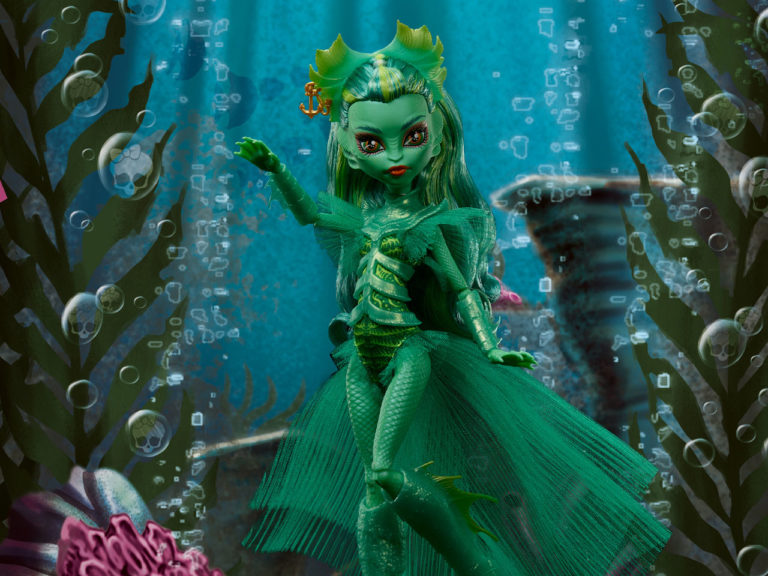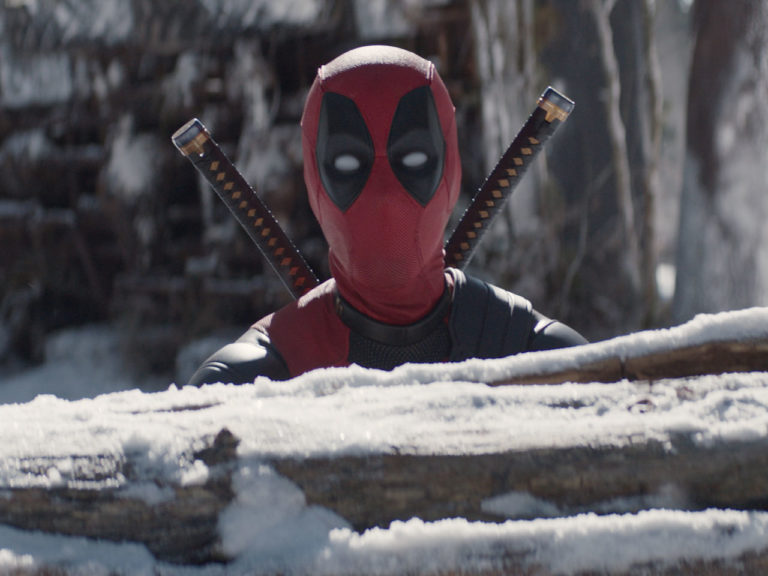
It’s 2011, and DC needs a fresh start.
Flashpoint, written by Geoff Johns, is released. This event is a company-wide movement, propelling DC into a new, rebooted universe with the New 52. The New 52 recieved great commercial acclaim – but mixed critical and fan reception, to say the least. Four years later, DC would release 2015’s DCYou lineup, giving readers another fresh start (in case newcomers were looking for the latest starting-off point).
It wasn’t enough. It’s 2016, and DC needs a new fresh start: releasing DC Rebirth, once again written by Geoff Johns. Now, elements of DC’s classic stories from before the New 52 were being reintroduced into their universe once more. This debacle was all the fault, presumably, of that pesky Dr Manhattan! An echo of Alan Moore and Dave Gibbons’ seminal Watchmen comic that, apparently, has permeated throughout DC for years. DC Rebirth was a hit – and once Doomsday Clock wrapped everything up, DC would finally have a fresh new horizon to walk towards. Surely that would be it for reboots, right?

Nope. Four years later, DC releases Dark Nights: Death Metal, a sequel to Dark Nights: Metal and their third crisis-level event in five years. Now, too much is happening in the world of DC, and continuity is so convoluted that no one understands it at all. So, now “everything” matters, there are boundless universes, and DC can go forth with Infinite Frontier, respecting their stories but free from the shackles of continuity. Finally, a true reset.
It’s one year later, and DC is releasing another crisis-level event. Dark Crisis calls for another fresh start, killing the Justice League and connecting every story once again into a great, united threat bigger than anything that had come before. Just before it’s released, Flashpoint Beyond #0 hits the shelves. It’s written by Geoff Johns.
I’m starting to sense a pattern here.

My Objections
In my latest edition of Upcoming Comics, I noticed some commenters were confused as to why I ranked this book as my “least excited” of the week – and here I have the chance to expound on that a little further. Written by Geoff Johns and illustrated by Eduardo Risso, Flashpoint Beyond #0 is more the symptom of a problem than the cause of one. I can’t sit here and tell you I dislike Johns’ work for the most part – at least, if it were consumed in a vacuum. In a vacuum, I adore his New 52 run on Justice League – not just Forever Evil, but the whole thing. In a vacuum, I loved Rebirth, and I even had some good things to say about Doomsday Clock by the end of the book. I didn’t give glowing reviews to Secret Origin or Three Jokers, but I don’t think they’re that terrible either… in a vaccum. And, in a vaccuum, I quite like this book too.
However, Johns’ content is incredibly referential – and often requires you to read his stories with an understanding of where he’s drawing inspiration from. Even when he’s not doing a mediocre Alan Moore impression, Johns can’t resist calling back to works that came before in an endless cycle of “remember this” moments. Take this very issue for example – because I cannot think of a single panel more emblematic of Johns as a storyteller than this.

Aren’t you guys a little sick of it? Every single story of importance in DC being reduced to a checklist of metatextual references? Even if the stories are good – which, to be fair, they sometimes are – don’t you want something new other than the exact same story, by the exact same author? This isn’t even speaking of the behind-the-scenes drama involving Johns, although it certainly doesn’t help. How can we as readers continue to digest these stories from a company that has been stuck in this creative loop for ten years? Johns and writers like him keep speaking through their characters, pleading their universe to let them move forward to a brighter future. You know what I say to that? Stop whining about it and just do it.
…Hooh! Wow. Sorry about that.
Despite My Objections…
Listen, the comic itself is decent enough. I understand that while these complaints of mine are serious, I can’t in good conscience plant it all on this book and call that fair. I’ll continue to read (and probably review) this book, and I might end up enjoying it by the end. But much like this issue #0 sets up events to come, I don’t think I can move forward with any praise without first laying my foundational problem with this comic.

All that being said, there’s a lot to like here. Eduardo Risso is a phenomenal artist, and it’s nice to see him return to illustrate this book’s opening issue – much like he illustrated Flashpoint: Knight of Vengeance back in the day. The fact that he isn’t returning for the rest of the story is the only reason I can think of for why this book is an issue #0 rather than an issue #1, which is such an odd way to begin your book. It’s a shame he isn’t coming back, because Risso more than any other artist I can think of knows exactly how to illustrate Thomas Wayne’s Batman. Thomas is a man of deep pain and anguish, living with the agony of having lost your own child for every minute of every day. That doesn’t go away just because you met him in another universe, and Risso knows it. Through excellent use of shadows and stellar colouring from Trish Mulvihill, Risso creates several haunting scenes that set up a disturbing character arc for Gotham’s anti-hero.

While all my complaints about Johns still stand, the guy knows how to craft a good mystery. Once you get past his usual problem of characters explicitly telling you the point of the scene, Johns’ writing immerses you in a world long thought dead, and makes you interested to unravel what’s going on beneath the surface. It’s tense, intriguing and with a plot development that genuinely surprised and impressed me – so if Johns could curb some of his more frustrating habits, I could see this book going in a positive direction. We’ll see.
Recommended If:
- You don’t share my complaints about DC’s editorial direction.
- Thomas Wayne is more appealing to you as an anti-hero, rather than the hero of Infinite Frontier or the villain of Tom King’s Batman.
- You’re looking for something that makes you wonder, “hey, am I back in 2011?”. I remember 2011, and it wasn’t that great, but whatever.
Overall
Some of what I had to say here has been a long time coming, and I appreciate you readers deeply for taking the time to consider it. Most of you will likely have a good time with this book, and it might even be one of Johns’ better recent works – he usually thrives when he decides to actively embrace the edgy side of comics he clearly loves to write. But I hope that if you read this book and others like it (Infinite Frontier, Justice League Incarnate), you can engage critically with them, and ask why they even exist in the first place. I guess I was just hoping we’d be past this by now.
Score: 7/10
——————
Disclaimer: DC Comics provided Batman News with a copy of this comic for the purpose of this review.
Author’s Twitter: @ObnoxiousFinch


